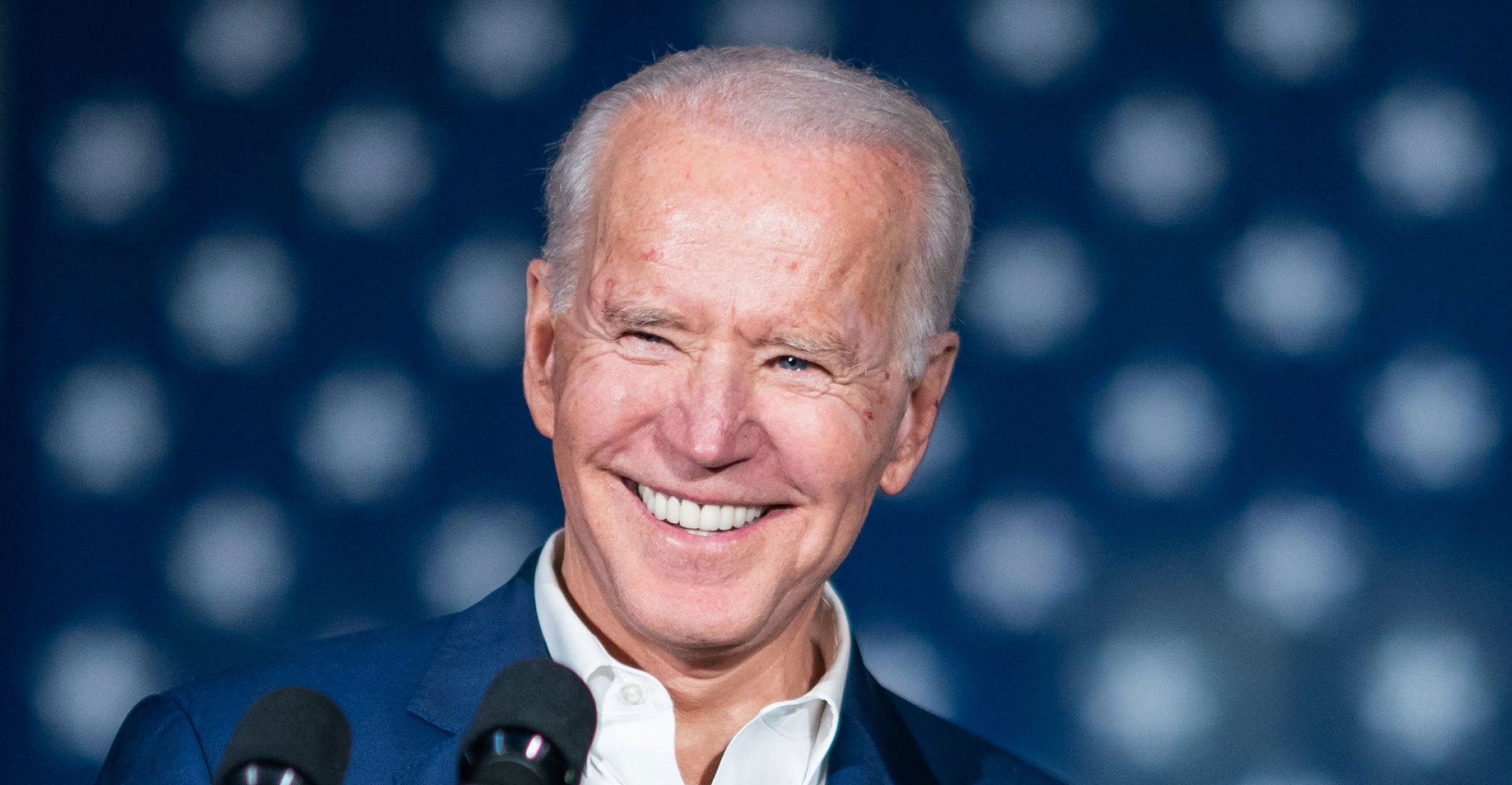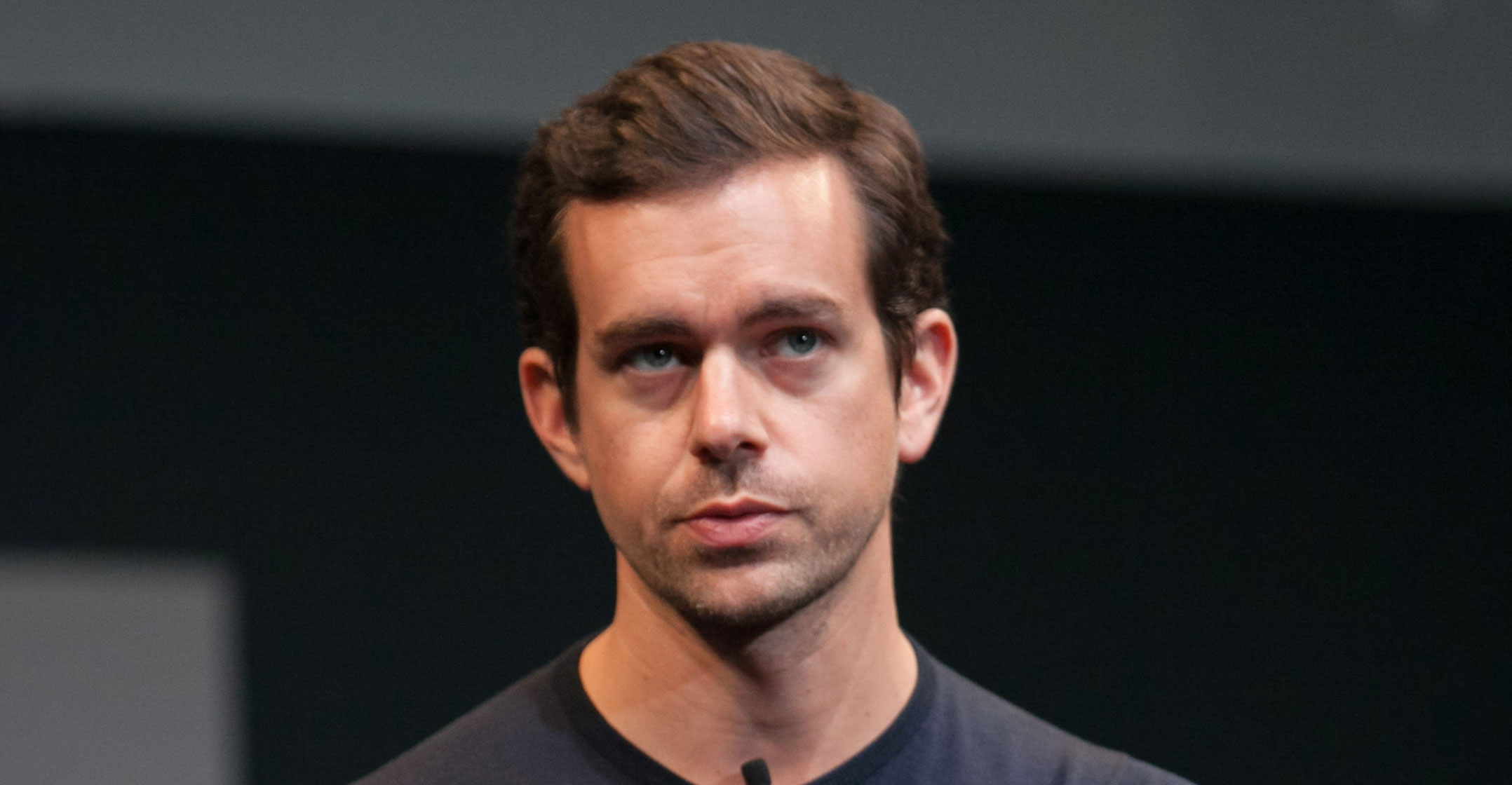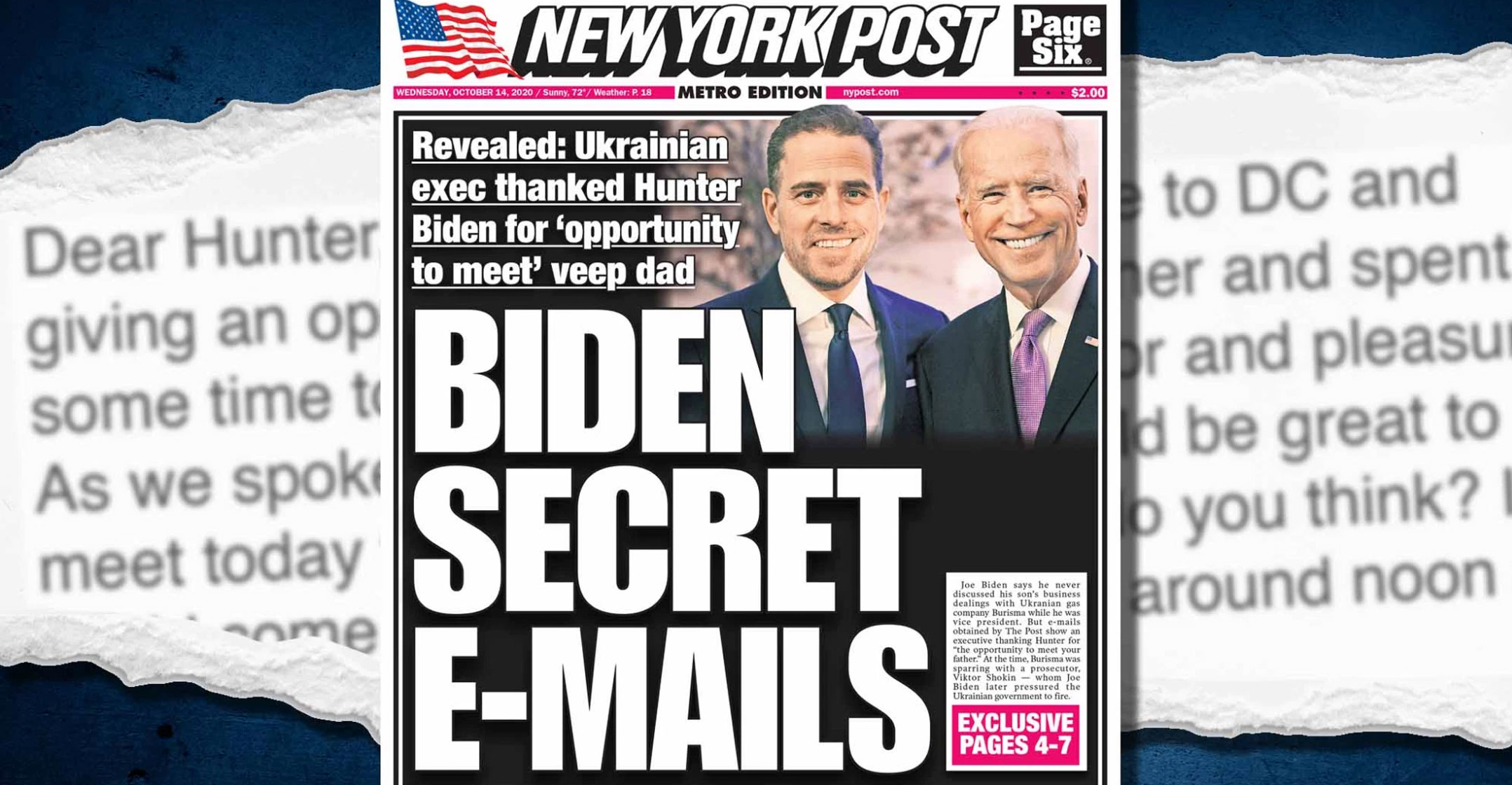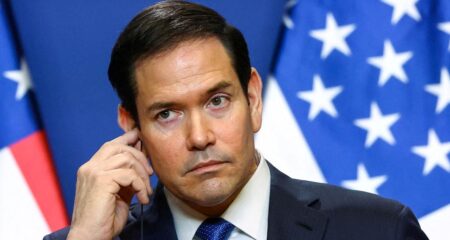
US President Donald Trump and his political allies reacted with fury after Facebook and Twitter on Wednesday restricted a New York Post article linking Joe Biden and his son Hunter to a Ukrainian energy company that figured in the impeachment investigation of Trump.
Facebook said it would reduce distribution of the article, seeking to slow the pace of its spread before the social network’s fact-checkers have a chance to evaluate its authenticity.
Twitter inserted a warning to people who clicked on the article. The company later said it took action to block links to the story because some of the article’s images contained material that violated Twitter’s rules about sharing personal information and hacked materials.
“So terrible that Facebook and Twitter took down the story of ‘Smoking Gun’ emails related to Sleepy Joe Biden and his son, Hunter, in the @NYPost,” Trump wrote on Twitter as he headed to a rally in Iowa. “There is nothing worse than a corrupt politician. REPEAL SECTION 230!!!”
The president was referring to part of the 1996 Communications Decency Act that protects technology companies from being sued over users’ content on their platforms.
Trump used the article in an extended attack on the Bidens at the rally in Des Moines.
‘Censorship’
Senator Ted Cruz, a Texas Republican, accused the companies of “censorship” and his office said in a statement that he had written letters to Facebook CEO Mark Zuckerberg and Twitter CEO Jack Dorsey, charging that they were trying to influence the presidential election.
Another Republican, Josh Hawley of Missouri, who has emerged as a prominent critic of US technology giants and their influence since his arrival in Washington last year, tweeted: “Next week when the full Senate returns we should VOTE on my bill allowing Americans to sue #BigTech for censorship & unfair treatment.”
Neither Facebook nor Twitter immediately responded to requests for comment on Trump’s tweet and Cruz’s letters.

But Dorsey, in a Twitter post on Wednesday night, said: “Our communication around our actions on the @nypost article was not great. And blocking URL sharing via tweet or DM with zero context as to why we’re blocking: unacceptable.”
Facebook has warned that the US’s foreign adversaries, including Russia, might seek to trick journalists into amplifying hacked or inaccurate content they want to spread ahead of an election. Nathaniel Gleicher, Facebook’s head of security policy, issued this warning again Wednesday on Twitter, “given this morning’s news cycle”. He did not directly say whether this was why Facebook took action on the New York Post content.
According to the Post, e-mails that the newspaper said were from Hunter Biden show he introduced his father, then the vice president, to Vadym Pozharskyi, an adviser to the board of the energy company, Burisma. The younger Biden served on the board.
The paper claimed that the communication contradicts an assertion by Joe Biden that he hadn’t spoken to his son about his business dealings. A purported e-mail from 17 April 2015 shows the Ukrainian energy executive thanking Hunter for the introduction. Bloomberg News hasn’t independently verified the authenticity of the purported e-mails. Yet the Post offered no proof that the meeting took place, or that the Bidens discussed the matter.
The Post’s story said the e-mails came from data recovered from a laptop and hard drive left at a repair shop in Delaware in April 2019.
Impeachment
The Post reported that it had obtained the e-mails from Rudy Giuliani, Trump’s personal lawyer, whose attempts to obtain disparaging information on the Bidens from Ukrainian officials last year contributed to Trump’s impeachment by the US house. Trump was acquitted early this year at a senate trial.
Trump claims that Joe Biden’s actions in Ukraine, in which he pushed for the dismissal of the country’s prosecutor general, were to benefit Hunter Biden and Burisma.
That accusation has been widely debunked. In pushing for the firing of the prosecutor, Viktor Shokin, Biden was acting in concert with official US foreign policy and other allied nations that viewed Shokin as corrupt.

A Ukrainian investigation into Burisma had long been dormant by the time Joe Biden was pushing for Shokin’s ouster in early 2016, a former Ukrainian official told Bloomberg News in May 2019.
And in September, the US treasury department sanctioned one of the Ukrainians that Giuliani met with, Andrii Derkach, calling him a Russian agent who is trying to interfere in the 2020 election.
The Biden campaign said Wednesday that the former vice president did not meet with the Burisma executive.
“We have reviewed Joe Biden’s official schedules from the time and no meeting, as alleged by the New York Post, ever took place,” campaign spokesman Andrew Bates said in a statement.
The Post report said that Pozharskyi thanked Hunter Biden in the April 2015 e-mail for inviting him to Washington and “giving an opportunity to meet your father”. Hunter had joined the company’s board about a year earlier, according to the Post.
The salvos fired at Twitter and Facebook by Trump and the others are part of a larger conflict over the power of technology giants and a growing willingness by the administration and lawmakers of both parties to bring them to heel. Conservatives will likely argue that the restrictions imposed by Facebook and Twitter amount to fresh evidence for a longstanding complaint: that social media platforms silence their views.
On Wednesday evening, Trump said that Twitter had locked the personal account of White House press secretary Kayleigh McEnany after she tweeted about the Post article.
Not long afterward, McEnany commented on her White House account: “Censorship should be condemned!” — Reported by John Harney, (c) 2020 Bloomberg LP




